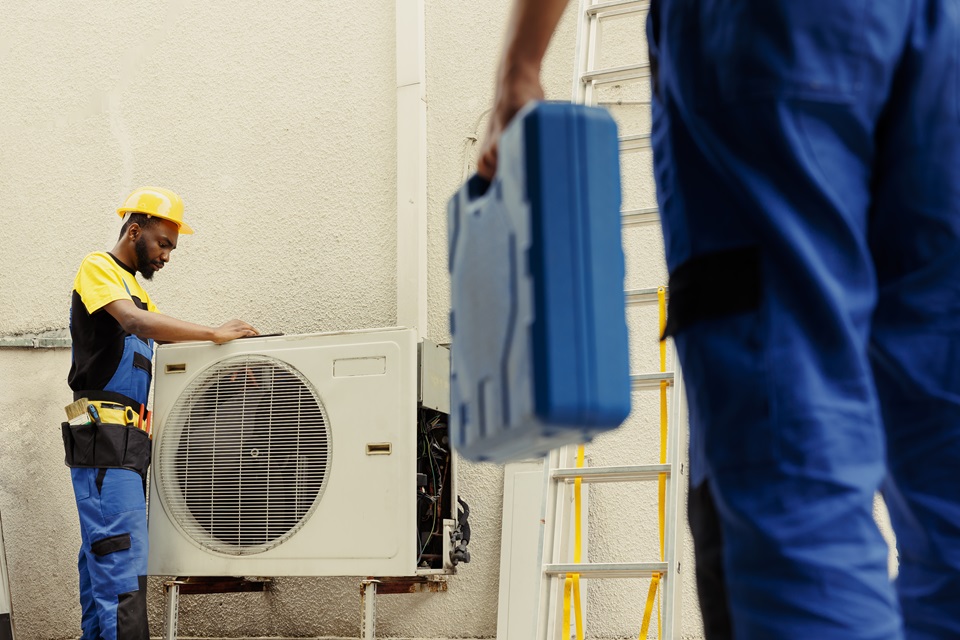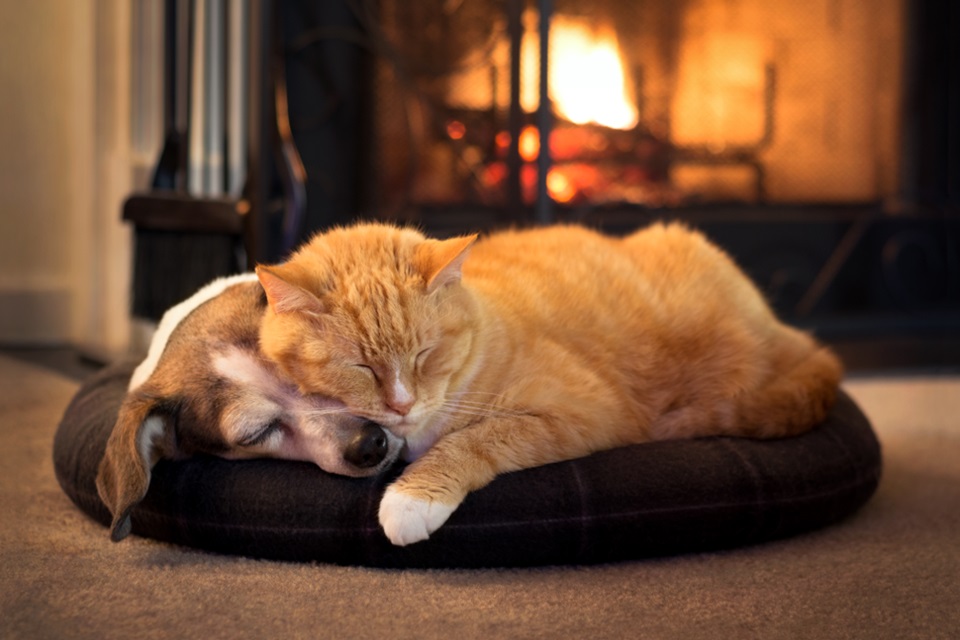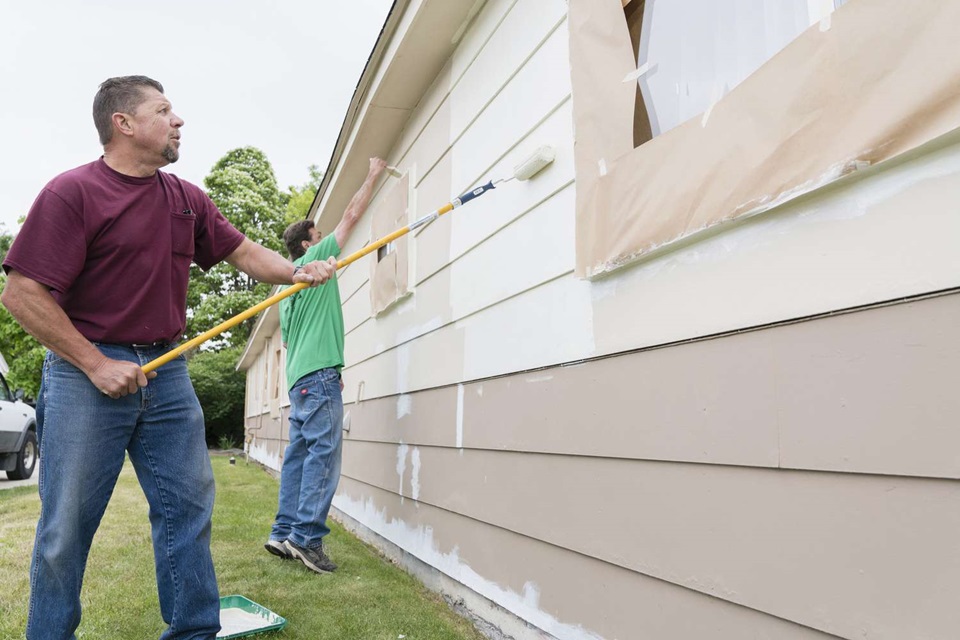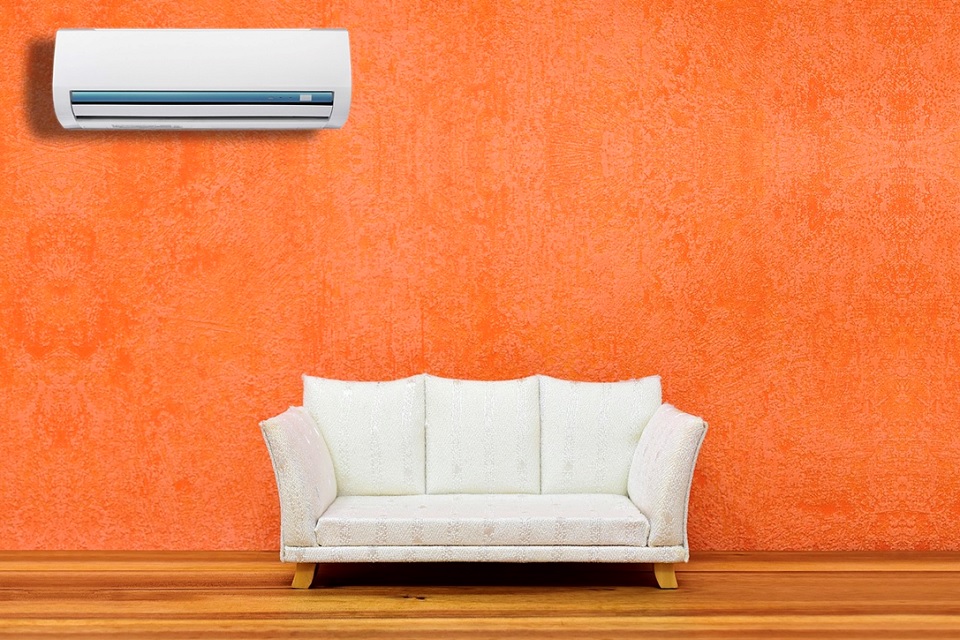
Having the skills to troubleshoot HVAC problems can save homeowners and technicians time, money, and aggravation. It also ensures a comfortable environment and extends the lifespan of an HVAC unit.
First, check the power source to find the root of most HVAC problems. This is usually a breaker box or fuse box and can be found in the garage, utility closet, or basement.
Thermostat Issues
The thermostat is like the brain of your heating and cooling system, so when it stops working properly, your home can quickly become uncomfortably cold. Fortunately, most thermostat issues are easy to resolve without needing professional assistance. If your thermostat isn’t responding to your commands, first check whether it’s in “Auto” mode, which allows the HVAC system to engage only when necessary, based on your set temperature settings. If so, change back to your preferred setting and see if the system operates normally.
Alternatively, a dark or blank screen on your thermostat may indicate that the device is experiencing battery failure or has been shut off by the circuit breaker. Turning the power switch back on and replacing the batteries could solve this issue. If the problem persists, consult a professional to address wiring issues that might be causing communication problems between your thermostat and HVAC unit. These can include faulty wires, loose connections, or corroded contacts.
Faulty Compressor
A compressor working too hard can burn out its internal hermetic motor windings. This may cause it to work harder, leading to higher-than-normal evaporator coil and suction line temperatures, overheating, reduced compression ratios, and, eventually, a shortened service life and compressor failure.
Air leaks, strange bearing noises, excessive vibrations, and the sound of an engine running are warning signs to watch for. Also, ensure your compressor is not plugged into a circuit with other high-power-consuming appliances. It should have a dedicated circuit that’s rated for its amperage.
If your compressor keeps tripping the circuit breaker, it could be due to an incipient failure of its start capacitor. Replacing this will help your compressor cope with the huge power inrush when you switch it on. If the lubrication oil is leaking or your crankcase gauge shows milky oil, it could be because of worn piston rings, a dirty air filter, or a low air intake.
Frozen Pipes
Pipes that freeze can cause your HVAC system to shut down. It’s a common problem that can be easily fixed by thawing the pipes with a hair dryer or heat lamp. Ensure you turn off the water supply to your home and disconnect the electricity before attempting any furnace repair. Also, keep your home at a stable temperature and insulate any exposed pipes in unheated areas.
HVAC systems are vital to maintaining a comfortable home but can be complex and sensitive to damage. Many problems require a professional to fix, but some DIY-friendly solutions can help you save a service call. For example, rattling sounds are often caused by loose components or unfastened access panels. The unit may overheat and become dangerous if these issues are not addressed. Likewise, squealing sounds may indicate that the motor needs lubrication. It’s important to watch for these warning signs and contact a certified technician for proper maintenance and repair.
Power Issues
Several issues can cause HVAC units to stop working properly, including a blown fuse, circuit breaker, or faulty compressor or motor. This is why effective troubleshooting is important for homeowners and professional technicians. It enables them to pinpoint the precise problem and apply focused remedies.
If your unit isn’t working at all, the first thing you should check is whether it is plugged in. If so, inspect the fuses or circuit breakers to see if they are blown or tripped.
If power is present, but the compressor or fan won’t start, you may have a capacitor issue. Listening to a faint hum can help identify this issue before the unit fails. If this is the case, you must change out the capacitor before it breaks down altogether.















